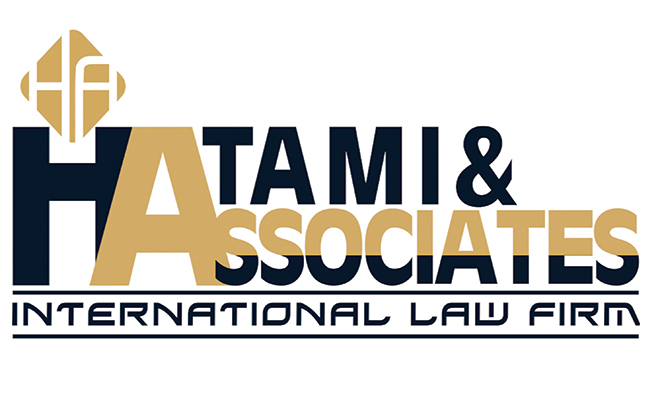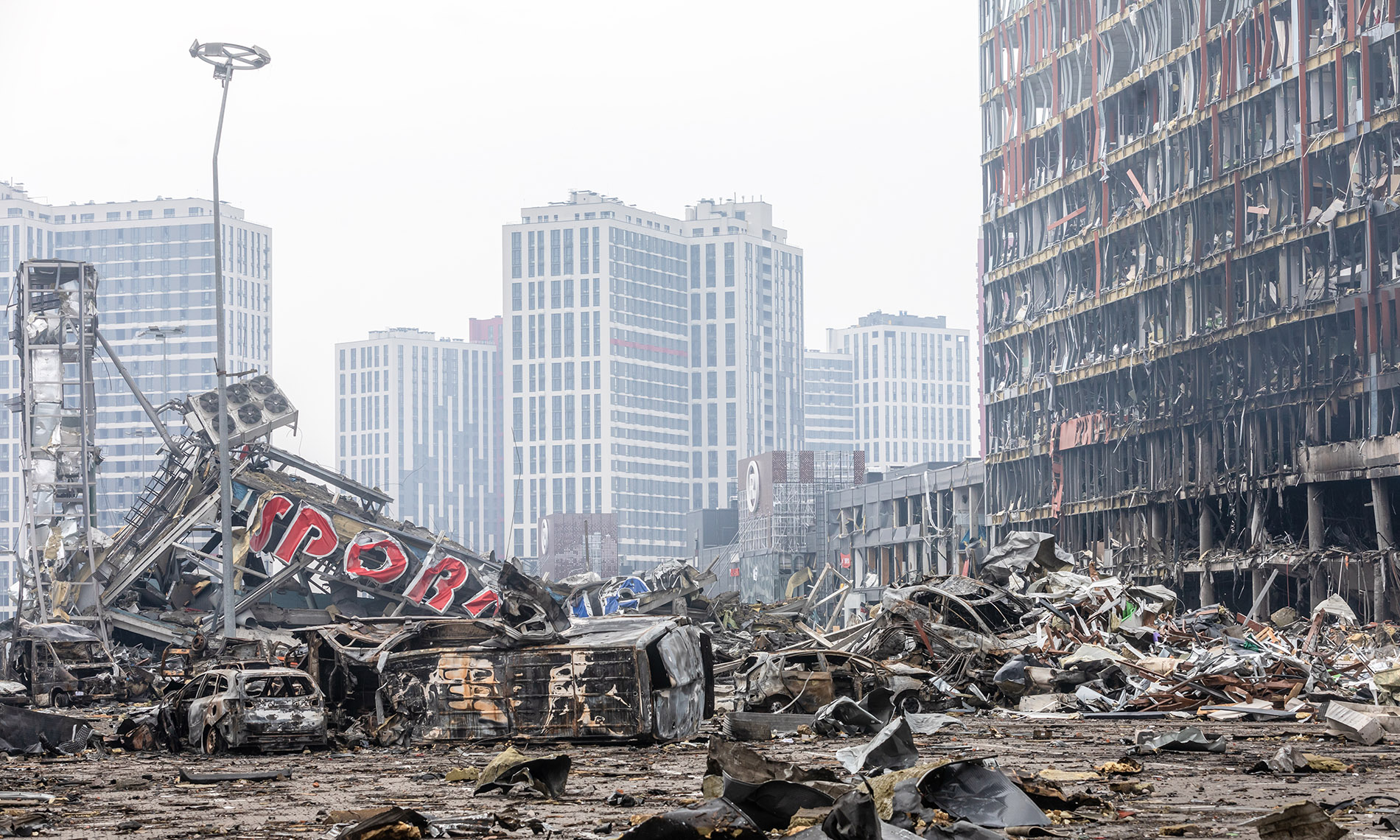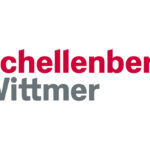
Iran is a strategic country located in the Middle East, possessing abundant natural resources such as oil, gas, gold, and other mines and minerals. In addition, Iran enjoys the benefits of having access to the Caspian Sea in the north, and to the Persian Gulf and free waters of Oman in the south.
Moreover, Iran is one of the top ten countries in the world with the most officially registered UNESCO World Heritage sites, and is among the few four-season countries of the world which benefits from diverse landscapes and geographical distribution, and thus having the potential to become an attractive tourism destination. Iran, at the same time, possesses a favourable climate for producing a variety of agricultural products, such as saffron and pistachios.










